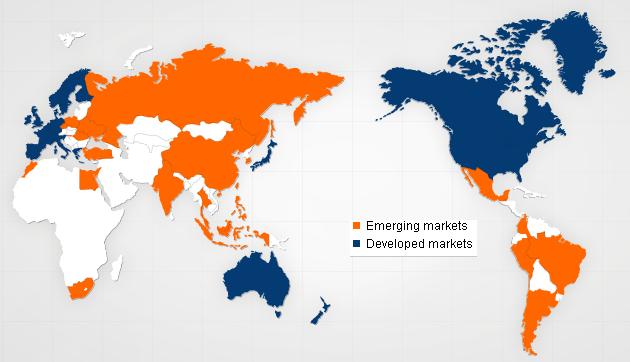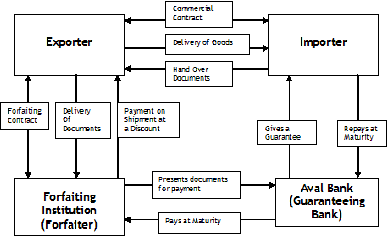Three interrelated developments in global capital markets are:
- The sustained rise in gross capital flows relative to net flows;
- The increasing importance of securitized forms of capital flows; and
- The growing concentration of financial institutions and financial markets.
Taken together these trends may signal what some others have referred to as a ‘quiet opening’ of the capital account of the balance of payments, which is resulting in the development, strengthening and growing integration of domestic financial systems within the international financial system. Finance is being rationalized across national borders, resulting in a breakdown in many countries in the distinction between onshore and offshore finance.… Read the rest


